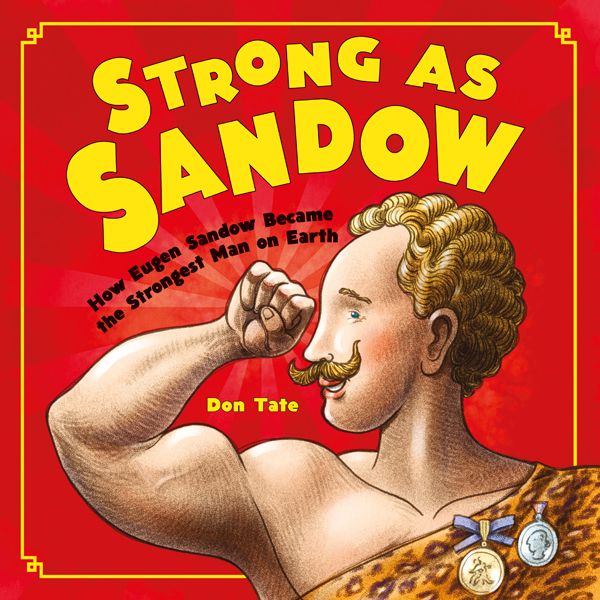
Strong as Sandow: How Eugen Sandow Became the Strongest Man on Earth
Written and illustrated by Don Tate
Edition
Written and illustrated by Don Tate
Hardcover edition
Publisher Charlesbridge Imprint Charlesbridge ISBN9781580896283
Strong as Sandow: How Eugen Sandow Became the Strongest Man on Earth
 5
5
Out of stock
SKU
9781580896283J
Little Friedrich Müller was a puny weakling who longed to be athletic and strong like the ancient Roman gladiators.Inspired by his own experiences body-building, Don Tate tells the story of how Eugen Sandow changed the way people think about strength and exercise. Afterword. Exercise suggestions. Author's note. Bibliography. Quotation sources. Photographs. Full-color illustrations, created digitally.
|
Standard MARC Records Cover Art |
Sports Elementary Plus (Grades 1-4)
Sports Elementary Plus
Sports Elementary Plus (Grades 1-4)
For Grades 1-4
Packed with action and inspiration, this collection delivers 14 sports-themed fiction and nonfiction books per year. Whether about famous athletes, team rivalries, or the excitement of competition, these selections are sure to keep young readers engaged and motivated.
14 books per Year
$276.08 per Year
Interests
Biographies, Chapter Books, Fiction, Nonfiction, Positive Messages, Reluctant Readers, Sports



